This article is designed to provide guidance for those who have pondered the questions, “Am I queer?”. Embrace your authenticity and resonate with you.
Let’s embark on this journey!
What exactly does it mean to be queer?
Typically an umbrella term, “queer” is an identifier that means outside the norm of society, explains Eva Bloom, a queer peer sexuality educator, sex science communicator, and creator of Fck the Patriarchy, Fck Yourself, a shame-busting program for non-men.
The so-called norms of society that they’re referring to are cisgender, allosexual, and heterosexual.
“If you’re anywhere outside those identifiers — even a little bit! — you can be queer,” they say.
Sometimes people who are “not straight” or “not cisgender” or “not allosexual” might identify “just” as queer.
And sometimes they may layer “queer” alongside another identity. For example, someone might be a queer bisexual dyke, or a queer trans man, or a queer biromantic asexual.
Here is an example of how someone might use the term “queer”:
- “I’m queer because I’m not cisgender or heterosexual.”
- “I identify as a queer bisexual dyke.”
- “I’m a queer trans man.”
- “I’m a queer biromantic asexual.”
It is important to note that everyone’s definition of queer is different. There is no right or wrong way to identify as queer.
But I thought the word “queer” was bad.
The word “queer” was historically used as a slur against the LGBTQ+ community. It began to be used in the 18th century to describe people who were assumed to be homosexual or engaged in homosexual activity. It was also used to describe people who did not conform to traditional gender roles.
In the late 1980s and early 1990s, LGBTQ+ communities began to reclaim the word “queer” as a personal identifier and as a field of study. This reclamation was fueled by anger at the lack of response to the AIDS epidemic from doctors, politicians, and unaffected citizens.
Out of spite and in power, LGBTQ+ people began using the word “queer” as both an identity and a rallying cry. The chant “We’re here, we’re queer, we will not live in fear” became a common refrain at marches and protests.
Today, the word “queer” is still used as a slur by some people, but it is also widely reclaimed by the LGBTQ+ community. When used by LGBTQ+ people, the word can be a powerful expression of identity and pride.
For most people, identifying as queer is political.
The word “queer” has a long and complicated history. It has been used as a slur, a term of empowerment, and a way to describe a wide range of sexual orientations and gender identities.
For many people, identifying as queer is a political act. It is a way of resisting cis-hetero patriarchal society, which defines people according to their assigned sex and sexual orientation. Queer people often see themselves as outsiders, and they use their identity as a way to challenge the status quo.
As Rae McDaniel, a licensed clinical counselor and gender and sex therapist, says, “For many, identifying as queer is a way of saying ‘I resist cis-hetero patriarchal society that stuffs people into tiny cisgender, heterosexual boxes.'”
Queerness is about trying to disrupt the people, systems, and institutions that disadvantage minorities. It is about creating a more just and equitable world for everyone.
For queer people, “queerness is about freedom to be yourself while also working towards others’ freedom as well,” says McDaniel.
Are you queer?
The answer to that question is up to you!
Here are some questions to ask yourself to help you decide:
- Does the term “queer” make you feel excited, euphoric, delighted, comfortable, or joyful?
- Does it give you a sense of belonging or community?
- Does the fluidity of queerness feel freeing to you?
- Does your gender identity exist outside of society’s understanding of acceptable manhood or womanhood?
- Is your sexual orientation something other than straight?
- Do you experience sexual attraction somewhere on the asexual spectrum?
Remember, you don’t need to have gone through a physical transition, have a particular gender expression, or even have a queer dating or sexual history in order to identify as queer. Queerness is a matter of self-identification, not behavior or appearance.
As Casey Tanner, a queer licensed clinical counselor, certified sex therapist, and expert for pleasure product company LELO, says, “Queerness is a sense of self, rather than any behavior or appearance.”
Ultimately, the only person who can decide if you are queer is you. Take some time to explore your identity and what it means to you. There is no right or wrong answer, and you are free to identify however you feel most comfortable.
Am I really “queer enough” to be queer?
If you identify as queer, then you are queer enough. Period.
Unfortunately, many people who want to identify as queer worry that they are not queer enough. This is known as “queer imposter syndrome.”
Bloom notes that this is especially common among bi+ women and femmes, especially those who have a history of dating men or are currently in a relationship with a nonqueer man.
“The question of ‘Am I queer enough?’ is often the result of internalized biphobia and femme-phobia,” she says.
While this feeling of inadequacy is common, it is important to remember that you are queer enough, no matter what. If you identify as queer, then you are queer enough.
Here are some additional things to keep in mind:
- Queerness is a spectrum. There is no one right way to be queer.
- You don’t have to fit a certain mold to be queer.
- Your sexual orientation and gender identity are valid, no matter what anyone else says.
- If you are struggling with queer imposter syndrome, there are resources available to help you. You can talk to a therapist, counselor, or other trusted adult. There are also many online resources available.
Remember, you are not alone. There are many people who feel the same way you do. You are queer enough, no matter what.
Being queer is valid, regardless of:
- Your relationship status.
- Whether or not you are “out” to others.
- How long you have been part of the LGBTQIA+ community.
- How you express your gender or sexuality.
- Who your friends are.
- Your sexual or dating history.
Your queerness is yours and yours alone. It is not defined by anyone else. You are queer enough, no matter what.
Here are some additional things to keep in mind:
- There is no one right way to be queer.
- You don’t have to fit a certain mold to be queer.
- Your sexual orientation and gender identity are valid, no matter what anyone else says.
- You are not alone. There are many people who feel the same way you do.
There are mental health consequences to not feeling queer enough.
While there is privilege in being able to “pass” as straight, not feeling queer enough can lead to increased depression, anxiety, and decreased access to affirming healthcare.
This is because we all crave being seen and accepted for who we are. When we feel like we are not being seen or accepted, it can have a negative impact on our mental health.
Not feeling queer enough can also isolate people from queer spaces and communities. This can make it difficult to find support and make friends who understand what it is like to be queer.
Connection to community is an important part of resilience. When we feel like we belong to a community, it can help us to cope with stress and adversity.
So, if you are struggling with not feeling queer enough, it is important to reach out for support. There are many resources available to help you, including therapists, counselors, and online support groups.
Here are some additional things to keep in mind:
- You are not alone. Many people struggle with not feeling queer enough.
- There is no one right way to be queer.
- Your sexual orientation and gender identity are valid, no matter what anyone else says.
- You deserve to be seen and accepted for who you are.
If you are struggling with your mental health, please reach out for help. There are many resources available to you. You are not alone.
How to stop “I’m not queer enough” feelings in their tracks
The short answer: Connect with the queer community. These avenues can all help.
Find queer spaces
This could mean joining a queer book club, attending a queer event, or simply finding a queer-friendly coffee shop or bar.
Connect with queer people online
There are many online forums and groups where you can connect with other queer people.
Talk to a therapist or counselor.
If you are struggling with queer imposter syndrome, talking to a therapist or counselor can be helpful.
It is important to remember that you are not alone. Many people struggle with queer imposter syndrome. There is no one right way to be queer. Your sexual orientation and gender identity are valid, no matter what anyone else says.
Attend a queer event online.
Thanks to the pandemic, there are still many online queer events happening, such as dance parties, matchmaking games, book readings, and performances. These events can be less intimidating than in-person events because you can leave when you want, keep your camera off, and stay anonymous if you choose.
If you are feeling overwhelmed by the idea of attending an in-person queer event, then attending an online event is a great way to start. You can get a feel for the queer community and see if it is a good fit for you.
Keep hunting for the community until you find one that affirms you.
It is important to remember that the queer community is not a monolith. There are many different queer communities, and not all of them will be a good fit for everyone. If you attend an event and don’t find queer people who affirm your queerness, don’t give up. Keep looking until you find a community that makes you feel welcome and accepted.
As Rae McDaniel says, “I guarantee there are people out there in the world who will believe and affirm your queerness just because you tell them who you are. And when you find them, it can be incredibly affirming and euphoric.”
Here are some tips for finding a queer community that affirms you:
- Ask your friends and family if they know of any queer communities in your area.
- Do an online search for queer communities in your area.
- Attend queer events, such as pride festivals, queer film festivals, or queer book clubs.
- Talk to other queer people and ask them about their experiences.
It may take some time to find a queer community that affirms you, but it is worth it. Having a community of queer people who support you can make a big difference in your life.
PSA: Identity gatekeeping is disgusting and dangerous.
Identity gatekeeping is the act of trying to limit who can use a certain identifier, such as a gender or sexual identity. This happens with many different identities, and it is always harmful.
“Telling queer people that they are not queer enough or that they should not have access to the queer community is not only hurtful, but it can also be dangerous,” says Bloom. “It can have a negative impact on someone’s mental health.”
If you are reading this and you are engaging in identity gatekeeping, please stop. It is not your place to tell someone else who they are or how they should identify.
Here are some of the harmful effects of identity gatekeeping:
- It can lead to feelings of isolation and exclusion.
- It can damage self-esteem and confidence.
- It can increase the risk of mental health problems, such as anxiety and depression.
- It can make it difficult to access support and resources.
If you are struggling with identity gatekeeping, there are resources available to help you. You can talk to a therapist or counselor, or you can connect with other people who have been through similar experiences.
Remember, you are not alone. There are many people who support you and your identity.
In Conclusion,
If you identify as queer, you already ARE queer enough, despite what queer impostor syndrome and gatekeepers might have you believe.
It’s not possible to be any queerer than queer. I assure you.


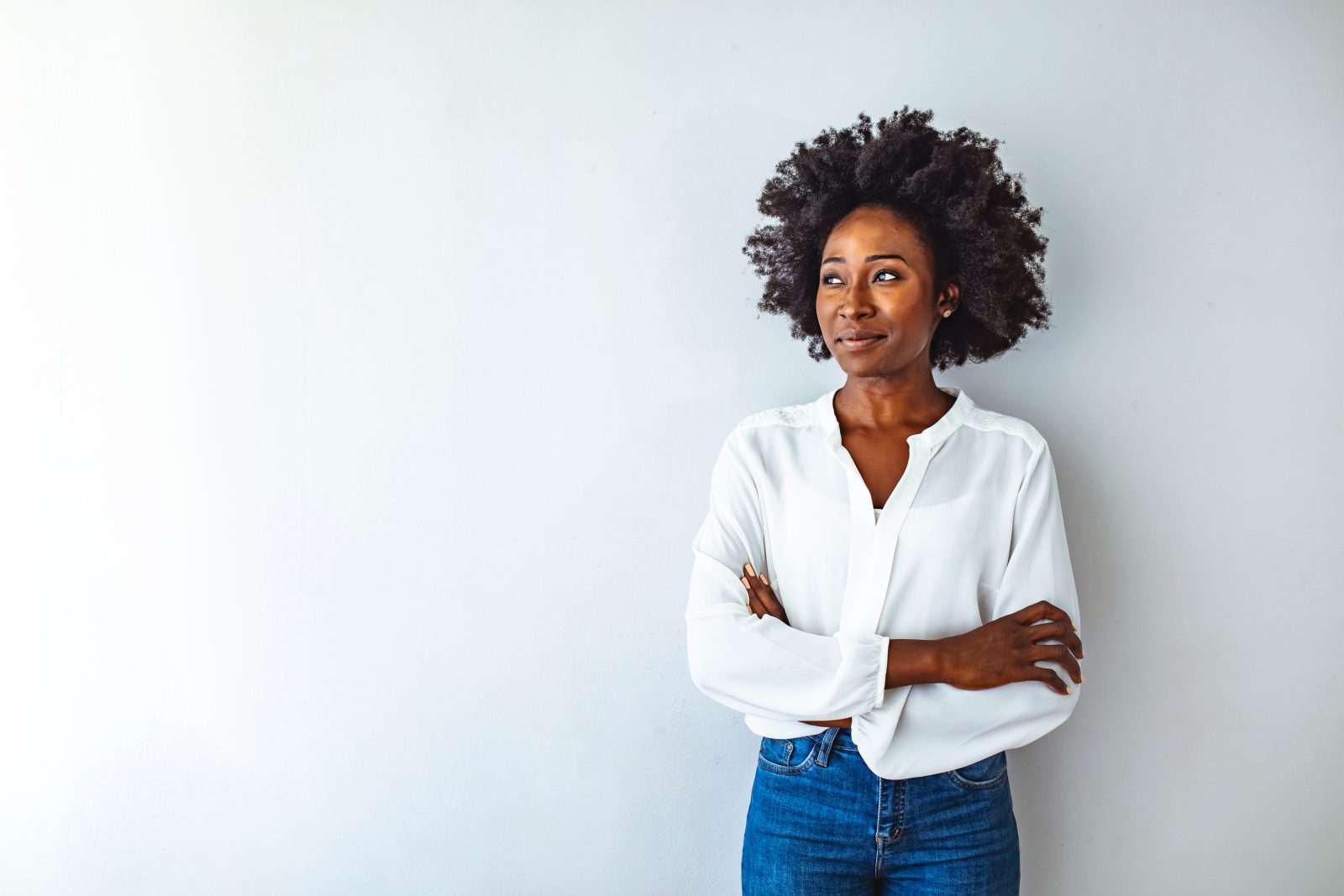
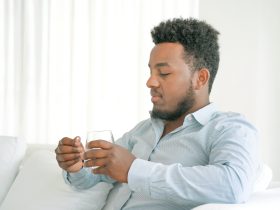









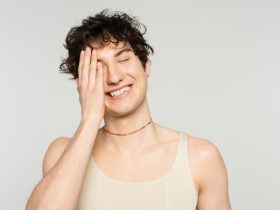
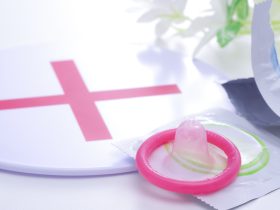
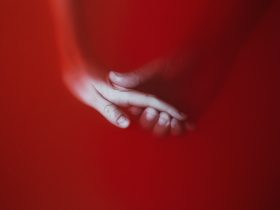
Find Us on Socials